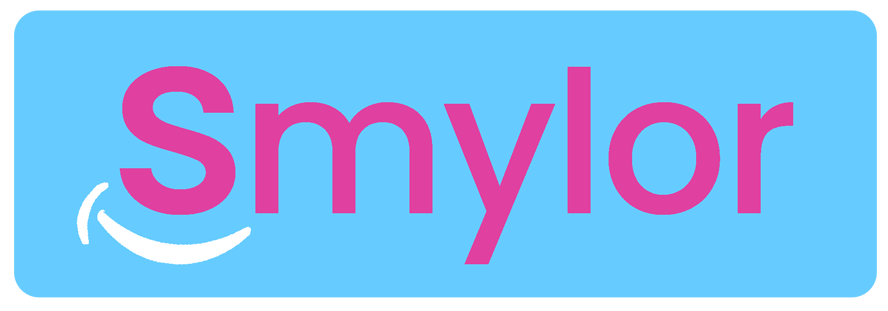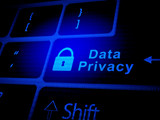Are Your Cloud Dental Records Really GDPR-Safe?
These days, it feels like the cloud is the answer to everything. Lost your photos? Put them in the cloud. Need more space on your laptop? Cloud it. But when it comes to dental records in Europe, the cloud isn’t just a convenient hard drive in the sky. It’s a potential GDPR minefield.
We’re not talking about spreadsheets of appointment slots. We’re talking sensitive patient health data, the kind of information GDPR treats with the same seriousness as a crown jewel.
So while the cloud may feel modern, dentists need to ask: is it also compliant?
Encryption as the Digital Lock on the Door
Think of encryption like the lock on your surgery door. Without it, anyone walking by could peek inside.
In practice, this means files stored on cloud servers should be scrambled into unreadable code, both when they’re sitting on the server (“at rest”) and when they’re being transferred between systems (“in transit”).
Skip encryption, and you’re essentially leaving the keys under the mat. And as European Data Protection Authorities keep reminding us, fines for mishandling data can reach up to €20 million or 4% of annual turnover. That’s more than the cost of a lifetime supply of implants.
Where Does Your Data Actually Live?
Here’s a detail many practices miss: cloud data has a passport. If your provider stores patient records outside the EU/EEA, you’re dealing with international transfers, and under GDPR, that’s no small matter.
Storing data in, say, the United States requires additional safeguards, like Standard Contractual Clauses. And even then, rulings like the Schrems II judgment have made EU–US data transfers more complicated (EDPB).
So if your provider shrugs and says, “Don’t worry, your data’s safe, it’s on a server somewhere,” that’s a red flag. “Somewhere” isn’t good enough for GDPR.
Who Gets to See What?
Access to dental records must be limited to only those staff members who genuinely need it. That means role-based permissions, strong authentication (yes, multi-factor logins), and audit logs so you can prove who accessed what and when.
Without this, you’re not just risking compliance, you’re risking trust. Imagine a patient finding out their records were casually browsed by someone at reception. That’s not just a GDPR breach; that’s a reputation killer.
Backups and Breach Readiness
Here’s a truth no one likes to admit: even the best systems fail. That’s why GDPR requires you to have not just data security, but also data recovery plans.
Encrypted backups stored in secure, preferably EU-based servers are a must. Why? Because if your cloud provider suffers an outage or, worse, a ransomware attack, you’ll need those backups to keep running. And remember: if a breach occurs, you’ve got just 72 hours to report it .
Seventy-two hours may sound like a lot, but in dental practice time? That’s about four hygiene appointments and one really complicated molar.
Why This Matters More Than Ever
Cloud adoption in healthcare is growing fast across Europe, with over 80% of providers now using some form of cloud services. Dentistry is no exception.
But here’s the paradox: while cloud makes storage, collaboration, and automation easier, GDPR makes it clear that “easier” cannot come at the cost of patient privacy. And patients are catching on. More and more of them want to know where their data lives, who can see it, and how it’s being protected.
So this isn’t just a box-ticking compliance exercise. It’s part of building trust with modern, privacy-conscious patients.
The cloud isn’t going away. But for dentists in Europe, the question isn’t “should I use it?” It’s “how do I use it without putting my practice, or my patients, at risk?”
The answer:
- Encrypt everything.
- Keep data in the EU.
- Control who can access what.
- Always have a backup.
Because here’s the thing: patients trust you with their health and their data. And when you treat both with the same care, you’re not just compliant, you’re ahead of the curve.
Dental Clinics Near You
Book a Dental Treatment
Our Smylor dental marketplace allows you to review and request bookings from 100s of dentists near you. Currently available in Switzerland (Zürich & Zug) and Germany (Köln, Düsseldorf and Bonn).
Click on your region.


